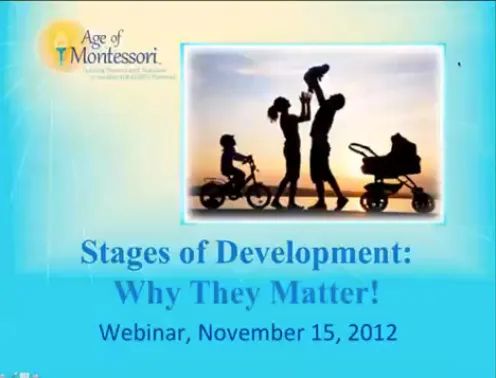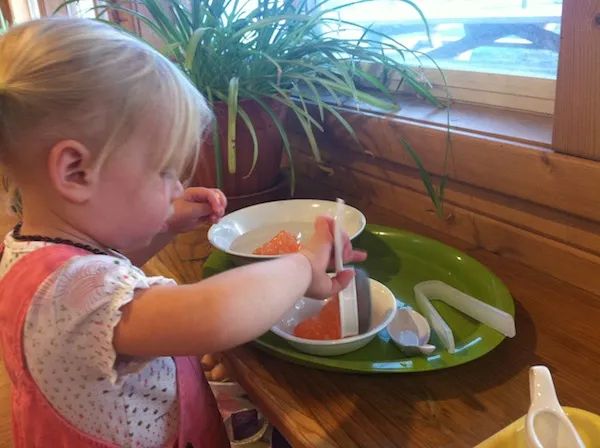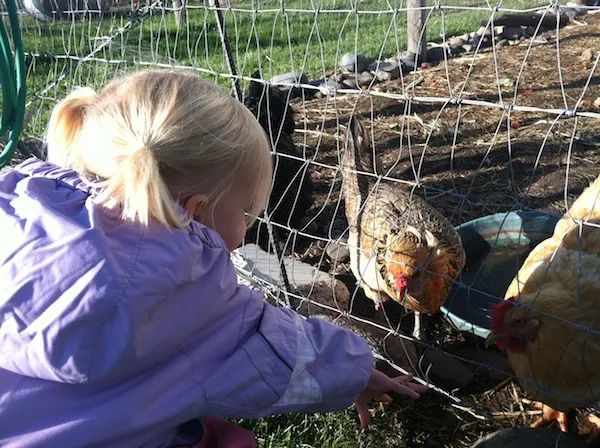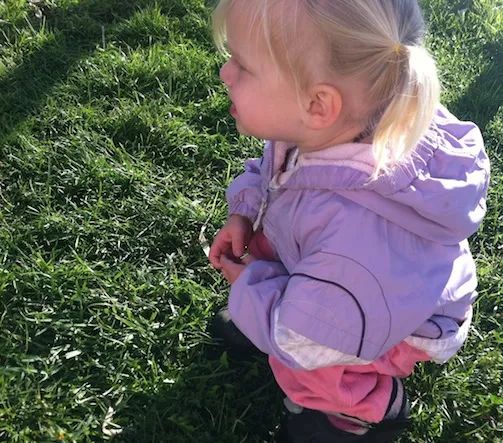Transitioning to a New School, the Montessori Way
“Education is not a pouring in. It is a release from within.” – Dr. Caspari
First day jitters are one thing. Moving your child to a new school raises a new level of self-doubt for parents. Common transition thoughts parents may ask themselves might include: Is this the right school? Am I moving my child too early? Will my child miss her friends from her old school? Will she adapt to the new setting, new teachers, new friends? Are the myths of Montessori school true?
 Learn more about Maria Montessori’s vision of the stages of child development and how you can develop an environment and activities both at home and at school to meet the emerging needs of each stage.
Learn more about Maria Montessori’s vision of the stages of child development and how you can develop an environment and activities both at home and at school to meet the emerging needs of each stage.
Stages of Development: Why It Matters!

Orientation Day
Our youngest daughter, Parker, had her Orientation Day at her new school last week. She and I arrived early and, as expected, she was glued to me from the start—she’s an observer and going through a bit of stranger anxiety. As she clung to me, she watched all the children at drop-off, making mental notes of their cubbies, jackets, boots, indoor shoes, lunches, snacks, and saying goodbye to their adults. There was not a single child who cried at drop-off. Not one.
This particular classroom is a 2 – 3 year-old classroom. Upon arrival, each child changed shoes, put away their things, and immediately jumped into work or sat down for a morning snack. Art work, water lessons, practical life…they gradually made their way into the classroom, all while doing work along the way. As adults we may think of it as “work” or even lessons, but to them they are playing. The lessons are carefully organized and chosen for children to learn mastery of skills. They are building confidence, independence, and self-sufficiency.
Introduction to Lessons
 Parker working on floating objects. As the parent observer, it is hard to not jump in and help.
Parker working on floating objects. As the parent observer, it is hard to not jump in and help.
“Everything you do for a child that he can do for himself is an obstacle to his development.”
– Dr. Maria Montessori

After orienting Parker to the classroom, she was introduced to the floating objects water lesson. She watched the head of school demonstrate how to spoon the flower ice cubes from the bowl of water to the empty bowl, and then use either a sieve or thongs to move them back to the water bowl. Within seconds, she was spooning, excitedly and with purpose. Once she had put them all into the bowl, she used the sieve to move them back. Occasionally, she’d use her fingers to put the flowers into a spoon or sieve or even the tongs, but she repeated over and over. And over. I simply observed. Meanwhile, this lesson is teaching eye-hand coordination, motor skills, and concentration. She loved it, and I watched her get more excited and become more alive.
 The cylinder blocks directly teach discrimination of dimensions, while indirectly preparing for writing (holding a pencil), refinement of movement, and preparation of mathematics. Like many Montessori lessons, the control of error lies in the material itself, thus allowing the child to discover and learn independently!
The cylinder blocks directly teach discrimination of dimensions, while indirectly preparing for writing (holding a pencil), refinement of movement, and preparation of mathematics. Like many Montessori lessons, the control of error lies in the material itself, thus allowing the child to discover and learn independently!
Parker was then asked if she wanted to explore another area of the classroom. She put everything away, and we moved to the cylinder block lessons. Again, the head of school demonstrated one and Parker was delighted to choose a set of cylinders and begin the work herself. She took cylinders out, she put them back in, she questioned when they didn’t “fit,” she problem-solved, and she organized them back on the shelf. Over and over and over. Again and again.
The morning was truly like an unleashing of this little absorbent mind—a sponge—introduced to an environment created and available to match her readiness to release, learn and discover. It was effortless. And, importantly, it was exciting!
Our time was up, but it was clear she didn’t want to leave. We stayed for snack and sat at the snack table as other children would come and go. I would introduce the new friend to Parker and Parker to the students. Each one demonstrated their independence, calmly eating their snack. One little girl was still hungry and got her lunch box. She was gently guided away from the lunch box and reminded she would be hungry at lunch if she ate everything at snack time. Although frustrated, she agreed and found more work away from the table. Parker watched every move of every student.
Before heading back for her last day at her old school, together we walked over to the goats and chickens. Parker squealed in delight, counting the chickens and pointing to the ducks. Her confidence was beaming and her personality of adventure and wonder was blossoming, naturally.


So, if there was a doubt or even an inkling of hesitation on this move, which there hasn’t been, it quickly dissipated within the two hours. We walked away, saying goodbyes and were left feeling comforted, encouraged, respected, and above all, part of an awesome community. We can’t wait for our first day!




















